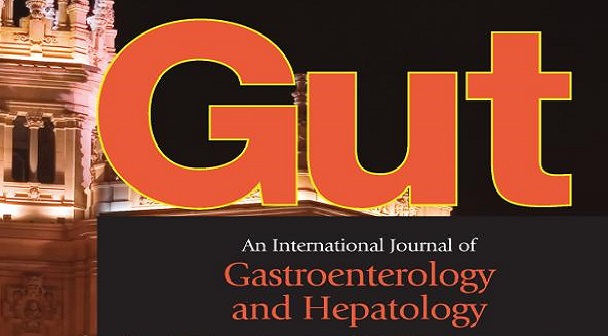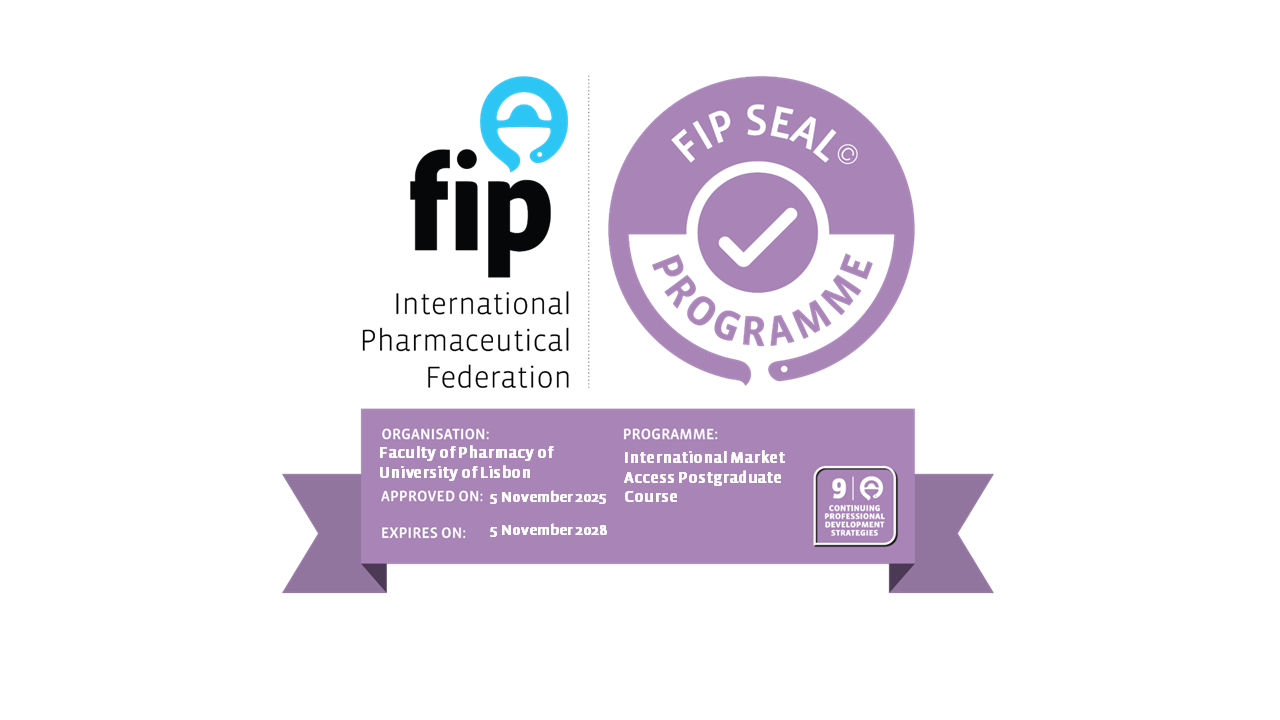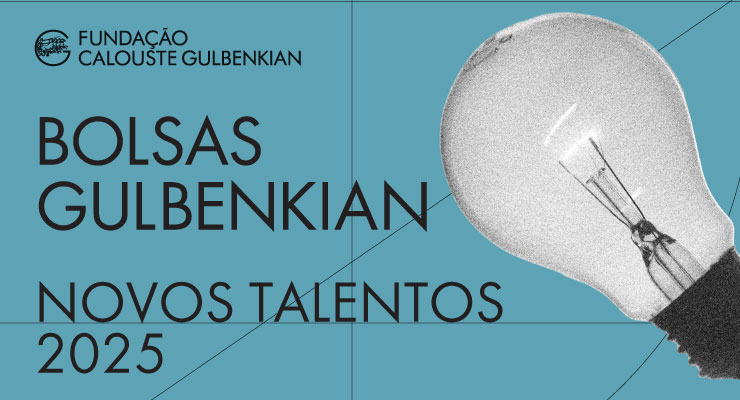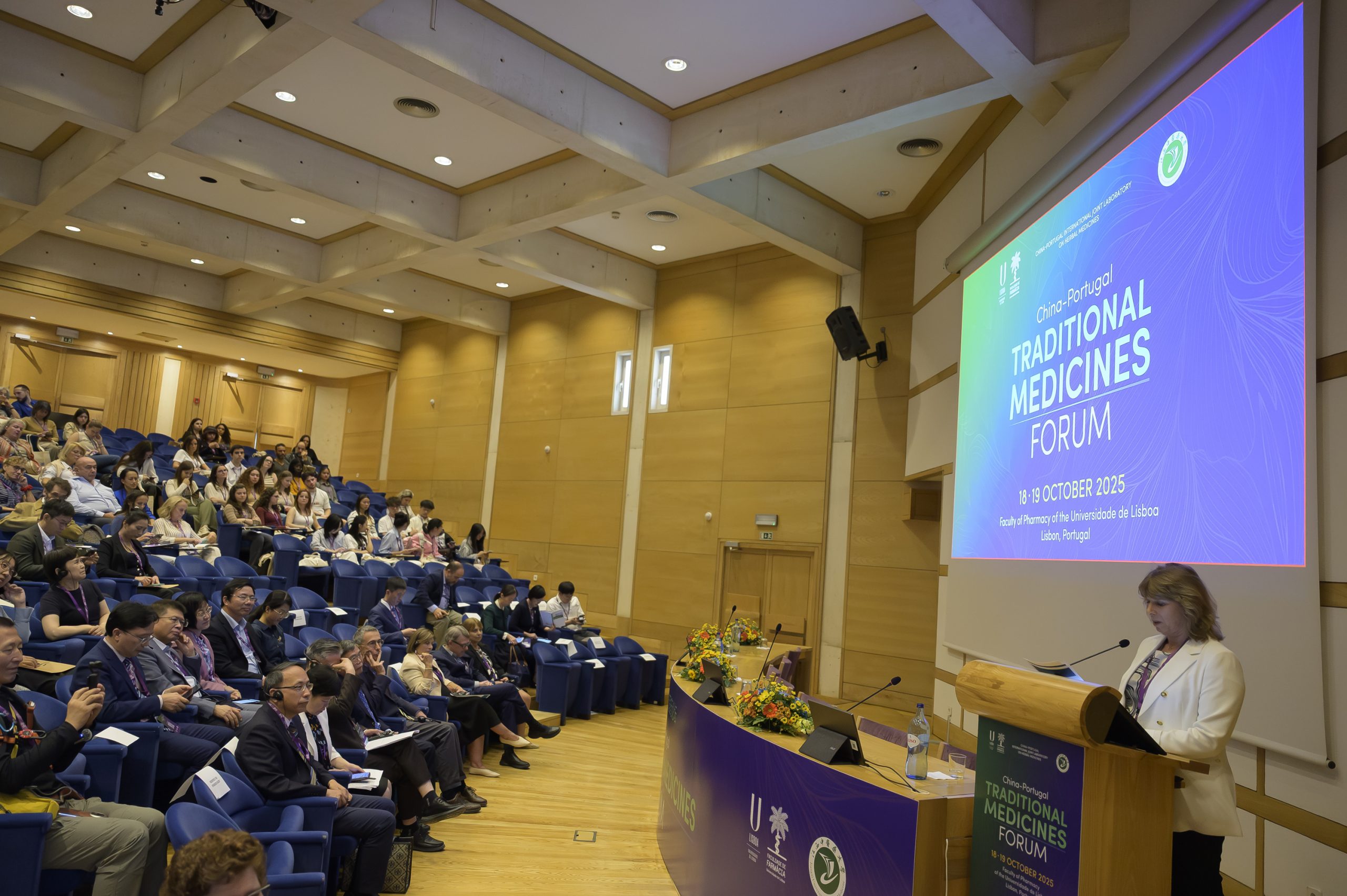The article “RIPK3 acts as a lipid metabolism regulator contributing to inflammation and carcinogenesis in non-alcoholic fatty liver disease” written by a team of FFUL researchers was published on 24 December 2020 in “Gut“, one of the of the highest–ranking journals of Gastroenterology.
The manuscript stems from a study, coordinated by Cecília Rodrigues, on non-alcoholic fatty liver disease (NAFLD), the most common chronic liver disease, with a global prevalence of ~ 24% and for which no there is no approved pharmacological treatment. The work underlying the publication was developed by Marta B. Afonso and a multidisciplinary team of other FFUL researchers – André L. Simão, Maria M. Gaspar, Miguel Mateus-Pinheiro and Rui E. Castro – together with scientists from other foreign institutions (Alonso C, Arretxe E, Banales JM, Bujanda L, Eizaguirre E, Gautheron J, Jiminez-Agüero R, Madji A, Pareja MJ, Ratziu V, Rodrigues PM, Santos-Laso A ) also specialized in the theme of the article.
NAFLD encompasses a spectrum of liver dysfunction, ranging from hepatic steatosis to non-alcoholic steatohepatitis, which is associated with inflammation and cell death and can progress to cirrhosis and liver cancer. The study shows that RIPK3 levels positively correlates with the severity of NAFLD, playing a key role in modulating liver metabolism, as well as in inflammation, fibrosis and the development of liver cancer. Thus, RIPK3 appears as a promising therapeutic target for treating NAFLD and halting disease progression.










